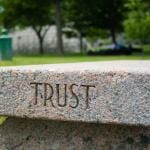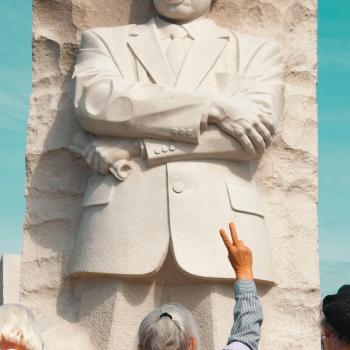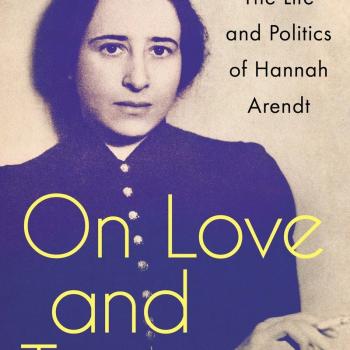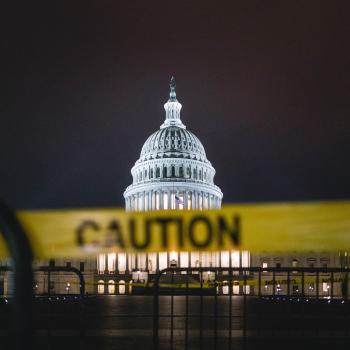The latest installment of the Prufrock Newsletter (which I recommend) reports on a recent article by Alexandra Hudson in National Affairs. Hudson commemorates the 20-year anniversary of Bowling Alone by Robert Putnam, one of the most influential studies of contemporary America:
“Americans just aren’t doing things together anymore. By choosing to engage in activities individually rather than communally, he asserted, we were putting at risk America’s capacity to build social capital and undermining our national character . . . Two decades on, the condition of American civil society is more complex than a modern reader of Bowling Alone might imagine. Yet the book’s core insights remain essential.”
Imagine the fact that Putnam’s book predated smart phones, and you might get some sense of how prescient he was. Troping on his idea of being alone even while together with other people, the media specialist Sherry Turkle titled her own groundbreaking book, Alone Together. A central image in Turkle’s account is of people together in a restaurant, or at a party, with each one staring into their own phones.
Returning now to the James Baldwin quote I mentioned in Part 1 of this series: let’s revise his statement in terms of the culture wars and partisan politics. In that case, his statement might look something like this: “Our dehumanization of the [other side] then is indivisible from our dehumanization of ourselves: the loss of our own identity is the price we pay for our annulment of [the other side].” Being alone may be dehumanizing, too.
This first debate was steeped in the culture of dehumanized ranting seen nightly on various cable news TV shows, especially the prime-time circuses that gain the largest audiences. But it was worse, since in this case it was supposedly designed to showcase to voters and the world at large the ingenuity, resilience, rhetorical skills, and intellectual dexterity that we should assume to be characteristic of American leadership going forward.
Yet none of those attributes were on display. Instead, I wondered aloud: how did hatred come to dominate our national politics? As Lee Drutman correctly described it: “President Trump and former Vice President Joe Biden did little to conceal their disdain of one another.”
What we witnessed was a ramshackle debacle, uncontrollable by the otherwise feisty journalist Chris Wallace. But Wallace got one thing right, and said it in the midst of the event: to paraphrase, he said, Mr. President, you are the one largely responsible for this embarrassing and hostile performance.
The City on a Hill; the Light of all Nations; God’s New Israel. Among other things, these dreams were founded on a concept close to enlightenment discourse: a sober, respectful exchanging of ideas, in pursuit of higher truths. I yearn for such pursuits. Marilynne Robinson once framed this problem simply: “I miss civilization, and I want in back.” Civilization, however, requires that we listen to each other, and is premised on some idea that the other people in the room are—well, human at least. Jurgen Habermas made famous decades ago his elegant concept of the “public sphere” as perhaps the key ingredient of western civilization. Kenneth Burke spoke luminously of the “unending conversation,” in to which we all drift, listen for a while, and then offer our own views, with respect and careful consideration.
But after the so-called “debate”: these formulations all seem rather quaint, the vestiges of some mere fable of an ancient past. Our leaders now seem constitutionally incapable of genuine dialogue, as witnessed by the dehumanizing performances of our ostensible “leaders.” They model no such “conversation,” and whatever “sphere” they see themselves as inhabiting is more like the Thunderdome in a Mad Max film—a scary, even deadly space that none of us wish to enter. Or maybe it resembles those devasted streets of Europe as depicted in WW II films like The Pianist or Saving Private Ryan. Either way: it’s vaguely reminiscent of some lost past—but only vaguely; and perhaps even that much is an illusion. Both candidates were wearing suits and ties, after all.
To loop back to the Bowling Alone & Alone Together references above, this is what “Debating Alone” actually looks like. We’re all in the same room together—but just doing our own thing. Even hating–alone, in our own tired, little worlds.
But the good news is this: Europe was rebuilt after the war, and there is hardly anywhere more lovely than those old, Medieval villages and towns, many of which were shell shocked and smoking just 75 years ago. On the other hand: Mad Max films show a dystopian future that seems beyond recovery. Which is more like our own futures, public sphere-wise? The more serious question is this: can we rescue, and rebuild, the American Public Square? Stay tuned…
featured Image: Jon Tyson, Unsplash












